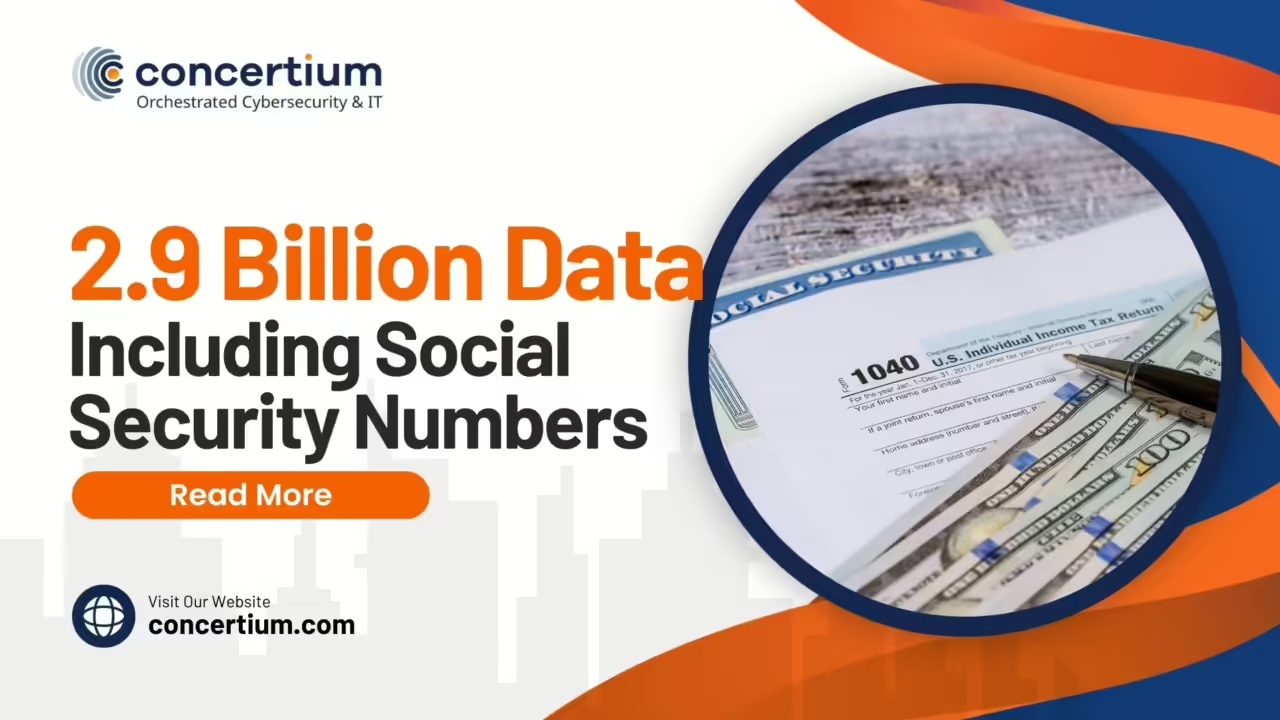Hack Social Security Numbers
In what could be the most significant data breach in history, the Social Security numbers of every American may have been stolen by a hacking group, according to a federal class-action lawsuit. The hacking group allegedly compromised National Public Data, a background check company, and claims to have stolen the personal information of nearly 3 billion people. This stolen information includes Social Security numbers, names, addresses, birth dates, and phone numbers, and it is reportedly being released for free on an online marketplace.
The Worst Data Breach Ever?
The magnitude of this breach is staggering. If the hackers’ claims are accurate, this breach has potentially exposed every American’s most sensitive personal information. The theft of Social Security numbers is particularly alarming because of the critical role these numbers play in identity verification and financial transactions. With this information in hand, cybercriminals can easily commit identity theft, opening new lines of credit, taking out loans, or even committing tax fraud in the victim’s name.
What Makes This Breach So Devastating?
The sheer scale of the breach is one aspect, but the nature of the stolen data is what makes this breach especially devastating. Social Security numbers, unlike passwords or credit card numbers, cannot be easily changed. Once stolen, they remain compromised indefinitely. This means that the potential for abuse of this data is far more prolonged and pervasive than with other types of data breaches.
Additionally, the release of this data on an online marketplace further exacerbates the problem. While some data breaches result in stolen information being sold to the highest bidder on the dark web, the fact that this data is being distributed for free dramatically increases the likelihood that it will be misused by a broader audience, including less sophisticated criminals who might not have had the resources to purchase such data otherwise.
What to Do if Your Personal Info Has Been Exposed
In an increasingly digital world, our personal data, including email addresses, phone numbers, birthdates, and even passcodes, is becoming ever more vulnerable to theft or unintentional exposure. If your personal information has been exposed in this breach—or any other—it’s crucial to take immediate steps to protect yourself.
Be Aware
First and foremost, be aware of the situation. While the United States lacks a federal law mandating that companies or organizations notify individuals of data breaches, it is standard practice for affected customers to be informed. These notifications often come with offers of identity protection services.
The European Union, however, has more robust privacy regulations requiring disclosure of certain types of breaches, making it slightly safer for individuals in the EU. In any case, if you suspect your information has been compromised, stay vigilant.
Cybersecurity experts warn that even after a breach is made public, individuals need to remain on high alert. Phishing attempts and other social engineering tactics often follow breaches, with cybercriminals pretending to be from the hacked organization or offering help. It’s essential to verify the authenticity of any communications you receive. Always contact the company or organization through their official channels—using their official website, smartphone app, or verified social media profiles. Never trust links or contact details provided in suspicious messages.
Keep Monitoring
Given the frequency of data breaches, it can be challenging to keep track of them through individual notifications. However, there are tools available to help you monitor your digital presence.
For instance, there are multiple tools to check your information, here Concertium plays an important role which can not only check whether your information has been compromised but also monitor if your data has been posted on the dark web.
Steps to Protect Yourself
Here are some additional steps you can take to protect yourself if your information has been exposed:
- Monitor Your Credit: Regularly check your credit reports for any suspicious activity. The major credit bureaus (Equifax, Experian, and TransUnion) offer free credit reports that you can review. Look for any new accounts or inquiries that you don’t recognize, as these could be signs of identity theft.
- Place a Fraud Alert: You can place a fraud alert on your credit reports, which will make it more difficult for identity thieves to open accounts in your name. This alert notifies creditors to take extra steps to verify your identity before extending credit.
- Consider a Credit Freeze: A credit freeze offers a higher level of protection by preventing anyone (including yourself) from opening new credit accounts in your name. While it can be temporarily lifted if you need to apply for credit, it provides a strong defense against identity theft.
- Change Passwords and Enable Multi-Factor Authentication (MFA): If your email or online accounts were part of the breach, change your passwords immediately. Use complex passwords and enable MFA, which requires a second form of verification (like a code sent to your phone) before you can access your account.
- Watch for Phishing Attempts: Be extra cautious of any unsolicited emails, phone calls, or text messages. Phishing attacks often increase following a data breach. If you receive a suspicious message, do not click on any links or download any attachments. Instead, verify the message’s legitimacy by contacting the organization directly.
- Stay Informed: Keep up-to-date with the latest news regarding the breach. New information may come to light, and companies involved may offer additional support or services to affected individuals.
Conclusion
The potential theft of Social Security numbers and other personal information of every American marks a new and terrifying chapter in the history of data breaches. The fallout from this breach could be far-reaching and long-lasting, making it imperative for individuals to take proactive steps to protect themselves. By staying informed, monitoring your digital footprint, and implementing robust security measures, you can mitigate the risks posed by this unprecedented breach.



